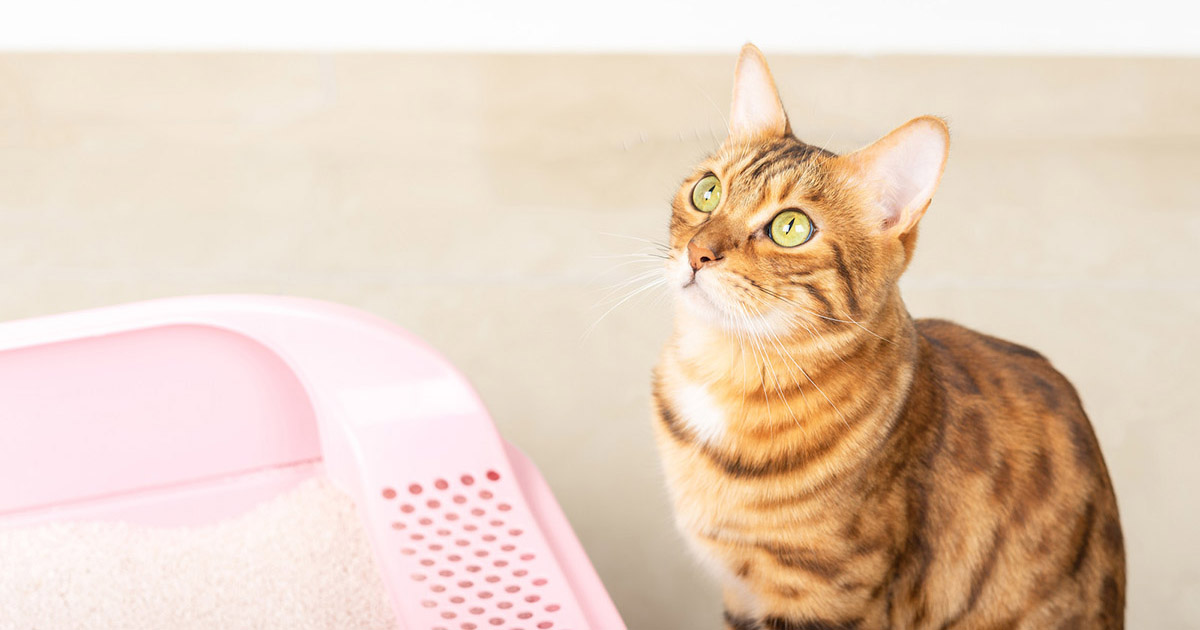Don't Flush Cat Poop Down Your Toilet - Maintain Your Home's Plumbing Integrity
Don't Flush Cat Poop Down Your Toilet - Maintain Your Home's Plumbing Integrity
Blog Article
The writer is making several good observations regarding Can You Flush Cat Poo or Litter Down the Toilet? overall in the article below.

Intro
As feline owners, it's important to bear in mind exactly how we take care of our feline pals' waste. While it might appear convenient to purge feline poop down the toilet, this technique can have detrimental effects for both the environment and human wellness.
Ecological Impact
Purging feline poop introduces damaging microorganisms and bloodsuckers right into the water system, positioning a significant risk to aquatic environments. These impurities can adversely affect marine life and compromise water quality.
Health Risks
Along with ecological issues, flushing cat waste can likewise pose health threats to human beings. Feline feces may consist of Toxoplasma gondii, a bloodsucker that can create toxoplasmosis-- a potentially extreme health problem, specifically for expecting ladies and people with damaged body immune systems.
Alternatives to Flushing
The good news is, there are much safer and more responsible methods to take care of pet cat poop. Think about the complying with options:
1. Scoop and Dispose in Trash
The most common method of taking care of pet cat poop is to scoop it into a naturally degradable bag and toss it in the trash. Make sure to make use of a committed clutter scoop and deal with the waste immediately.
2. Usage Biodegradable Litter
Opt for eco-friendly cat litter made from materials such as corn or wheat. These clutters are eco-friendly and can be securely disposed of in the garbage.
3. Hide in the Yard
If you have a backyard, take into consideration hiding cat waste in a designated location far from vegetable gardens and water resources. Make sure to dig deep enough to prevent contamination of groundwater.
4. Set Up a Pet Waste Disposal System
Purchase a family pet garbage disposal system particularly made for cat waste. These systems utilize enzymes to break down the waste, minimizing smell and environmental effect.
Final thought
Liable family pet ownership prolongs past providing food and sanctuary-- it likewise includes appropriate waste monitoring. By avoiding flushing pet cat poop down the toilet and selecting alternative disposal approaches, we can minimize our environmental footprint and protect human health.
Why You Should Never Flush Cat Poop Down the Toilet
A rose by any other name might smell as sweet, but not all poop is created equal. Toilets, and our sewage systems, are designed for human excrement, not animal waste. It might seem like it couldn’t hurt to toss cat feces into the loo, but it’s not a good idea to flush cat poop in the toilet.
First and foremost, assuming your cat uses a litter box, any waste is going to have litter on it. And even the smallest amount of litter can wreak havoc on plumbing.
Over time, small amounts build up, filling up your septic system. Most litter sold today is clumping; it is made from a type of clay that hardens when it gets wet. Ever tried to scrape old clumps from the bottom of a litter box? You know just how cement-hard it can get!
Now imagine just a small clump of that stuck in your pipes. A simple de-clogger like Drano isn’t going to cut it. And that means it’s going to cost you big time to fix it.
Parasitic Contamination
Believe it or not, your healthy kitty may be harboring a nasty parasite. Only cats excrete Toxoplasma in their feces. Yet it rarely causes serious health issues in the cats that are infected. Most people will be fine too if infected. Only pregnant women and people with compromised immune systems are at risk. (If you’ve ever heard how women who are expecting are excused from litter cleaning duty, Toxoplasma is why.)
But other animals may have a problem if infected with the parasite. And human water treatment systems aren’t designed to handle it. As a result, the systems don’t remove the parasite before discharging wastewater into local waterways. Fish, shellfish, and other marine life — otters in particular — are susceptible to toxoplasma. If exposed, most will end up with brain damage and many will die.
Depending on the species of fish, they may end up on someone’s fish hook and, ultimately on someone’s dinner plate. If that someone has a chronic illness, they’re at risk.
Skip the Toilet Training
We know there are folks out there who like to toilet train their cats. And we give them props, it takes a lot of work. But thanks to the toxoplasma, it’s not a good idea.

I found that entry about How to Dispose of Cat Poop and Litter Without Plastic Bags when doing a search on the internet. Make sure you take the opportunity to promote this blog post if you liked it. Thanks a lot for your time spent reading it.
Schedule A Service Call Report this page